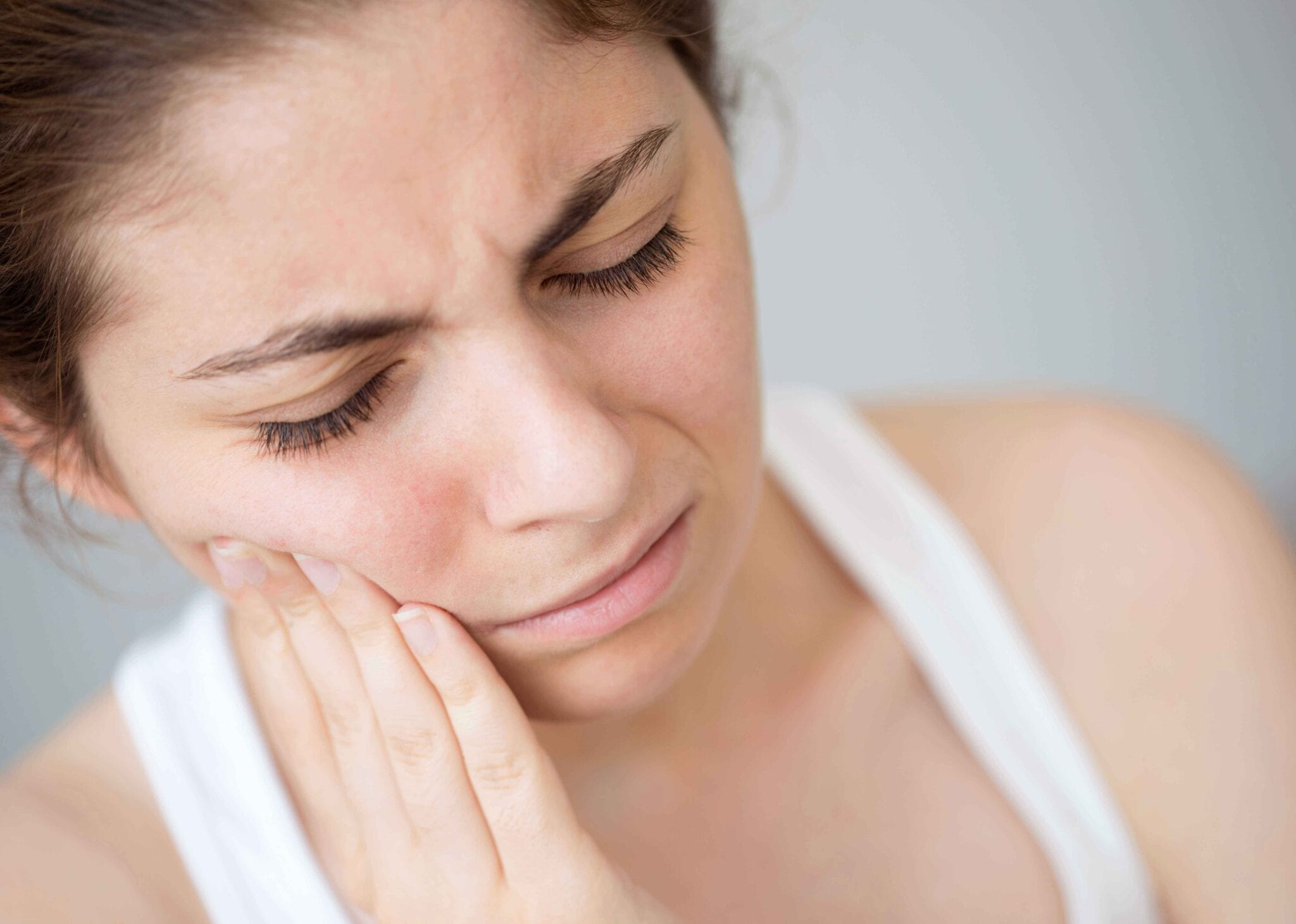
If your loved one has experienced oral surgery, they will likely require assistance during recovery. Improper aftercare can result in trauma or infection of the surgical area, so it is vital to be attentive while monitoring their recovery and providing care.
Increase your chances of helping your loved one achieve a successful recovery by following the seven tips below:
- Advocate Rest. After oral surgery, the patient will require at least two days of rest without any physical activity, sometimes more depending on the invasiveness of the procedure and their level of pain. You should make sure they are comfortable and within close range of books, magazines, or a television, so they stay occupied and do not become tempted to get up and move around unnecessarily.
- Follow Directions. Carefully follow any directions the oral surgeon ordered. They may recommend the patient rinse their mouth with salt water, which you can make by dissolving ½ teaspoon of regular table salt in eight ounces of warm water. Rather than spitting after rinsing, they should let the water fall from their mouth.
- Maintain Oral Hygiene. As part of the aftercare instructions, the oral surgeon will explain how the patient can maintain oral hygiene without disrupting the healing process. Often this means not using mouthwash or brushing the surgical area but continuing to gently brush the other teeth normally.
- Stop Blood Flow. The patient will likely experience bleeding during the first day or two after their surgery, so provide them with a piece of folded gauze to gently bite to assist in stopping the blood flow. If bleeding persists for over 24 hours or becomes worse and requires more frequent changing of the gauze, contact the oral surgeon.
- Protect the Blood Clot. Make sure the patient avoids smoking, using a straw, or drinking any carbonated or alcoholic beverages for a minimum of three days after the surgery. This keeps the blood clot secure and helps prevent the development of a painful dry socket, which will delay the healing process and require assistance from the oral surgeon.
- Limit Diet. The patient should only eat soft or liquid foods following oral surgery, such as yogurt, oatmeal, applesauce, milkshakes, smoothies, or broth. Make sure they avoid tough, chewy, or spicy foods, along with anything too cold or too hot.
- Manage Pain. Prescription or over-the-counter pain relievers may be taken during recovery to manage pain. It is normal after oral surgery for the patient’s face to become bruised or swollen. During the first day, you can provide them with an ice pack to apply to their jaw to alleviate swelling and reduce pain. Switch back and forth between 30 minutes with ice and 15 minutes without ice. If the swelling does not reduce after two days or becomes worse, they develop a fever or have difficulty swallowing, or you notice pus around the surgical area, contact the oral surgeon immediately.
Remember, each patient is unique. We encourage you to talk with the oral surgeon or the medical staff at OMSNashville regarding any questions you may have about the surgery or recovery process.
The information and content on our website should not be used as a substitute for medical treatment or advice from your doctor.












